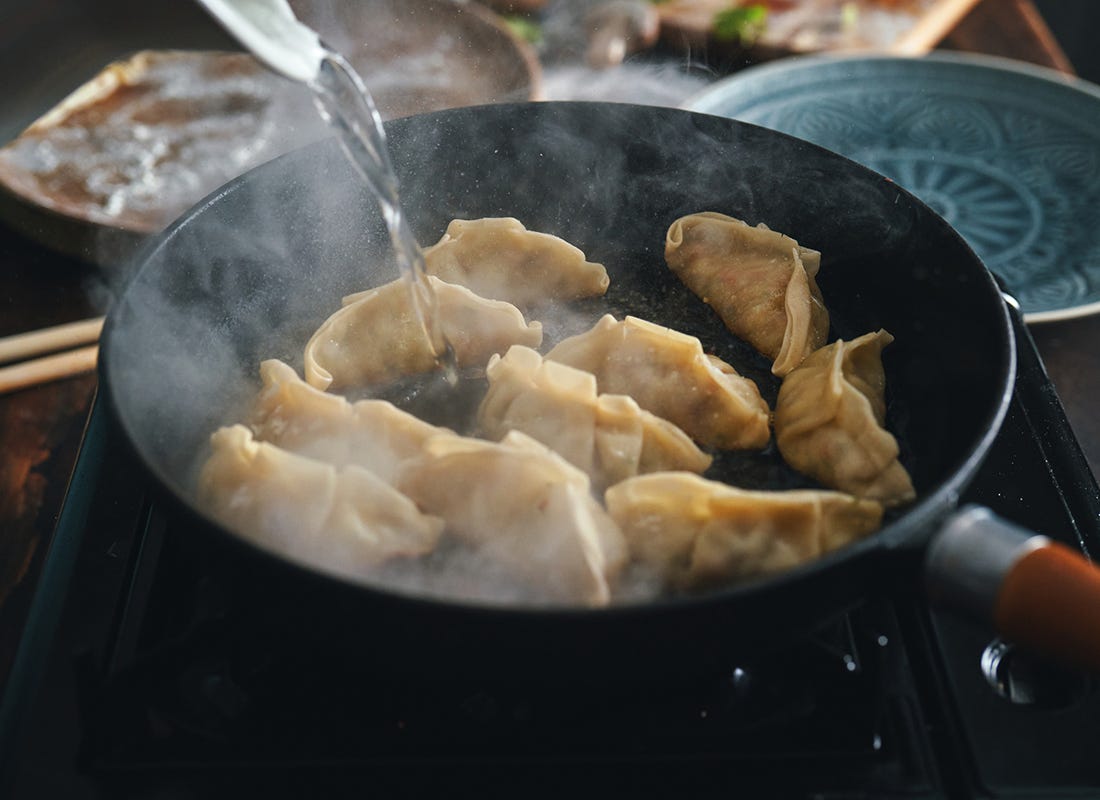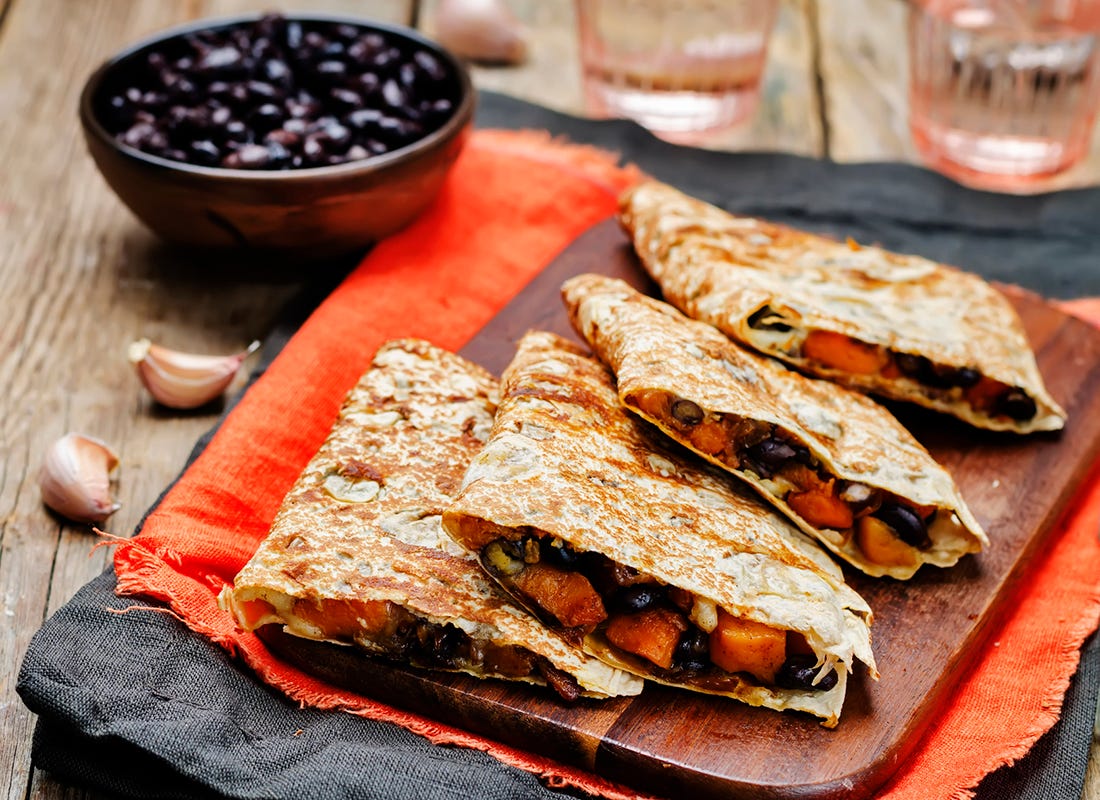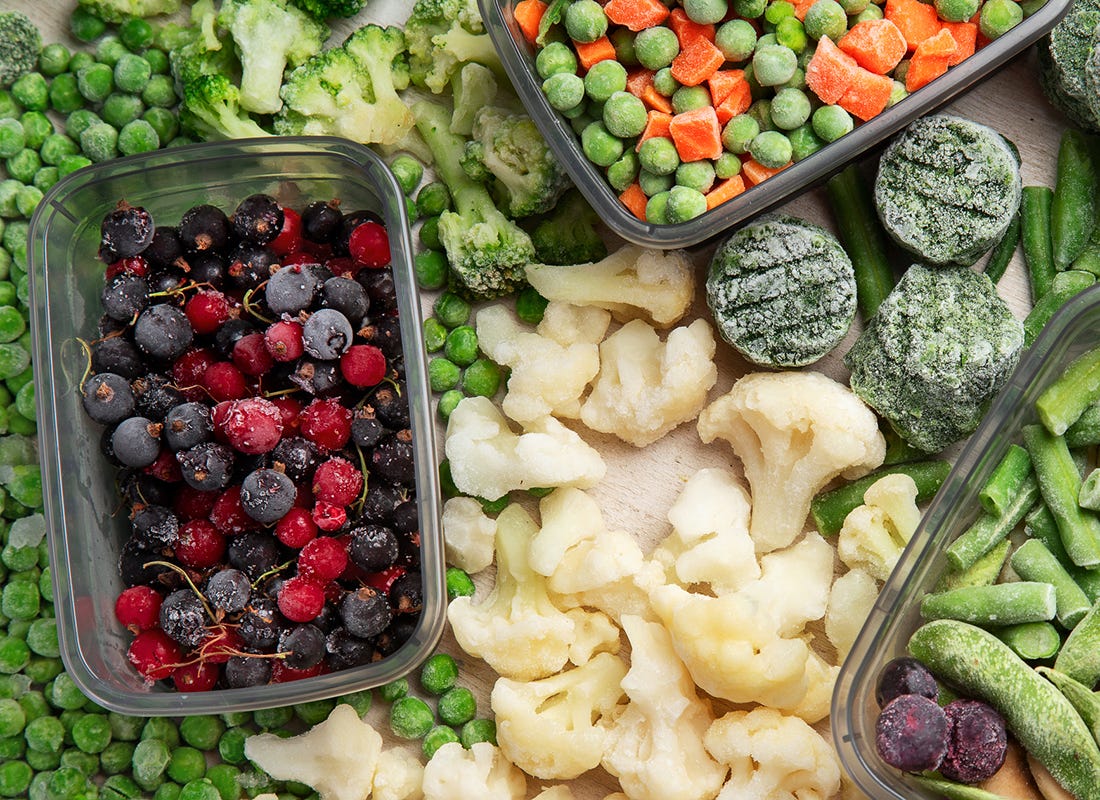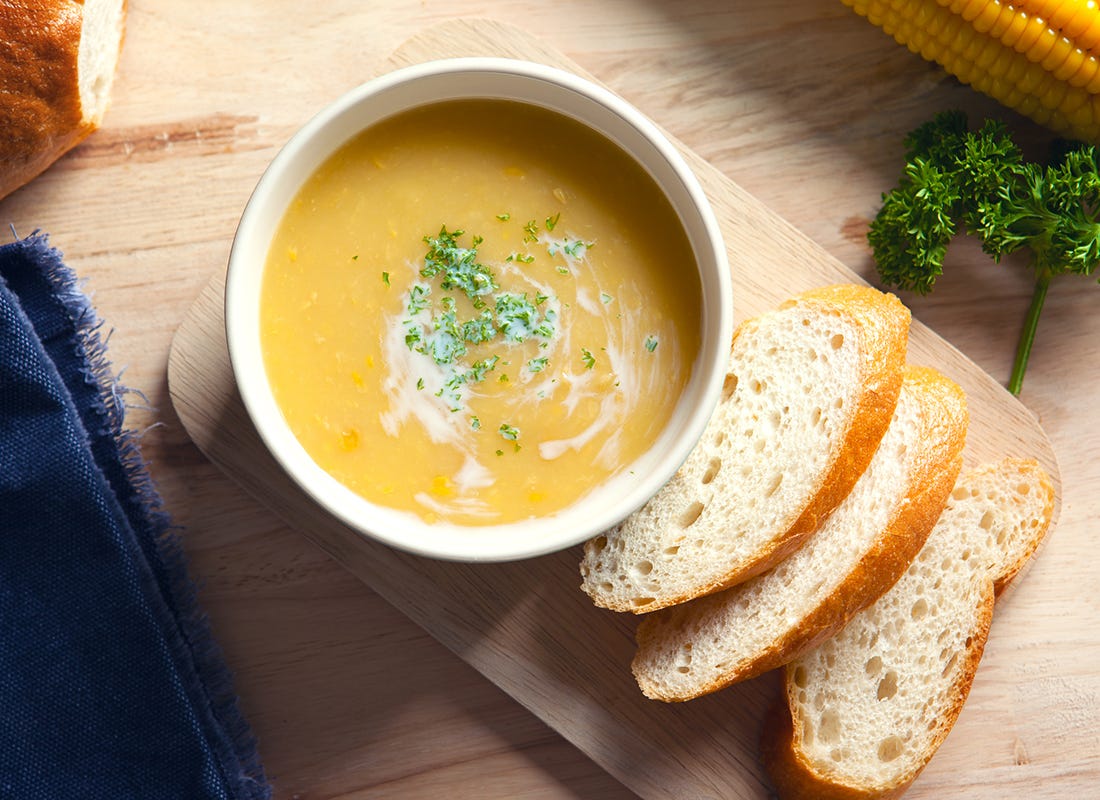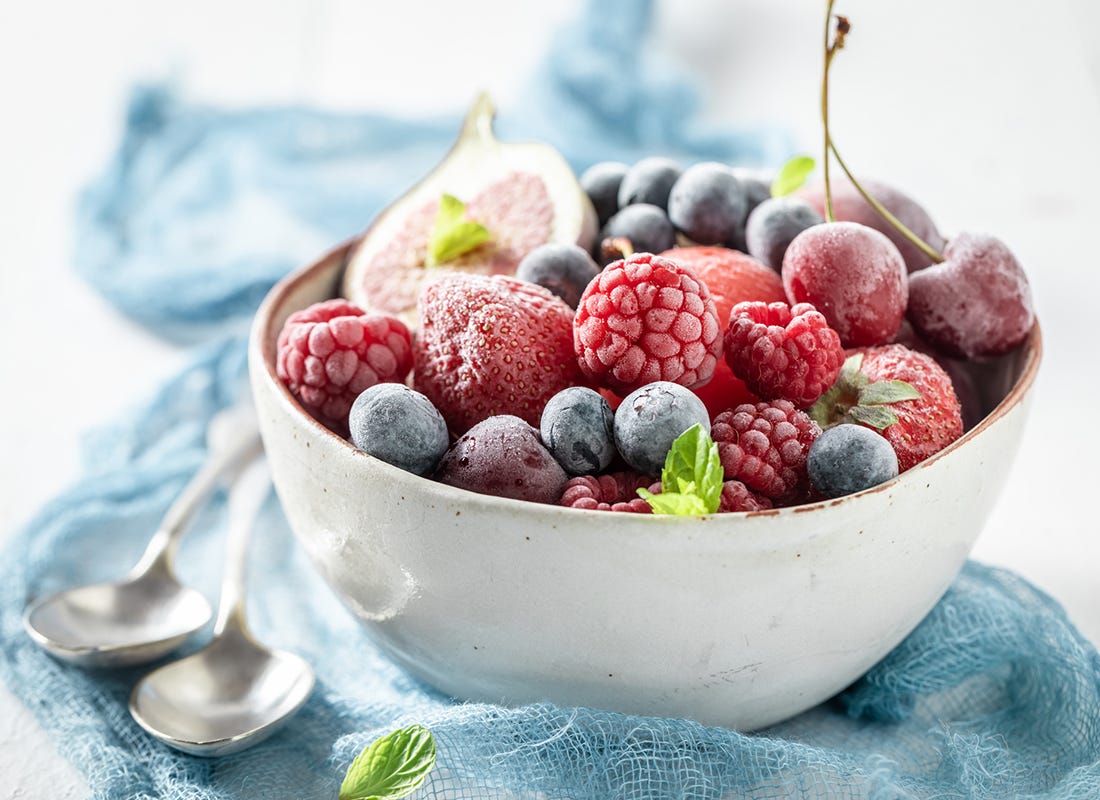Our Go-To Weeknight Meals, Grilling Veggies 101, and Frozen vs. Fresh - Our Thoughts
This Monday it's all about the food!
We’ve got a big week ahead! We'll be diving into why black plastic kitchen utensils may pose health concerns, exploring the best sources of vitamin C, and - of course - sharing our Friday favorites and a brand new recipe to wrap up the week.
Today we’re sharing our go-to easy meals, as well as discussing the benefits of frozen vs. fresh produce (plus creative ways to use frozen foods and a free recipe for everyone!), and do a deep dive into grilling vegetables. Learn which vegetables shine on the grill, ideal cooking times, serving suggestions and more!
We’d love to hear from you!
What’s your go-to easy meal? The kind you make from memory, no recipe required. Share yours in the comments!
(P.S. Become a paid subscriber to join the full conversation.)
Our Easy Go-To Meals
Looking for an easy weeknight meal that delivers the taste and nutrition, but doesn’t take a lot of effort? Read on for our favorite go-to meals we turn to time and again.
Dr. Weil:
For a satisfying, easy, one-dish meal, I buy frozen gyoza (Asian dumplings) from Trader Joe’s. They have two varieties: vegetable and shrimp. I get both. For 2 servings, heat 2 tablespoons of avocado oil and 2 teaspoons of toasted sesame oil over medium-high heat in a nonstick skillet. Add 8 frozen gyoza, flat side down, and fry for about 2 minutes. Add ¼ cup water (careful! It may spatter), cover the skillet, and steam the gyoza for 2 minutes. Then add 2 cups of broccoli florets, cover, and steam for 2 minutes more. (Check after a minute to see if you need to add a bit more water – not too much.) Skillet should be almost dry when the broccoli is just crisp/tender.
Serve at once with a dipping sauce. You can make your own sauce by mixing equal parts of soy sauce and vinegar (Chinese black vinegar or rice wine vinegar) and chili oil to taste. I also like to use Fly By Jing’s Zhong Sauce.
Diana:
Having a few go-to quick and easy meals is so helpful, and I truly believe that keeping ingredients on hand for these meals can make a big difference. It keeps you from ordering takeout or opting for something you know won’t make you feel good. One of my favorite easy go-to meals lately has been what I like to call adult quesadillas.
I first chop and saute onion and a bell pepper in olive oil until softened. Next, I mix Greek yogurt with chipotle peppers in adobo sauce - I don’t measure, but just go off taste, depending on how much spice I want. Lastly, I make the quesadillas. Top your quesadilla with sauteed peppers and onions, chipotle sauce, and sliced avocado. I like to serve with a side of beans for extra protein and fiber. I typically use canned black beans and just heat them on the stove for about a minute before serving. Easy, nutritious, and delicious.
Frozen Foods: Tapping Into a Healthy Kitchen Staple
While we both prefer fresh produce - one of the reasons we love to garden - frozen fruits and vegetables can be a great option when fresh produce isn’t available and can be more accessible for many. Frozen fruits and vegetables provide the same antioxidants, fiber, and other nutritional benefits that fresh produce offers and in some cases, can be even healthier than fresh. Read on for the pros of frozen produce, and try our Quick Corn Chowder recipe, featuring frozen corn.
Health Benefits of Frozen Foods
Ideally, we would all eat organic, fresh vegetables and fruits at the peak of ripeness when their nutrient levels are highest. That may be possible during harvest season if you grow your own vegetables or live near a farm stand that sells fresh, seasonal produce, but isn’t realistic for most of us. Frozen produce is a good alternative and may even be superior to off-season produce sold in supermarkets.
The advantage of frozen fruits and vegetables is that they are usually picked when they’re ripe, when nutrients are highest. They are then blanched in hot water to kill bacteria and stop enzyme activity that spoils food. Then, they’re flash frozen, which tends to preserve nutrients.
Frozen fruits and vegetables can be just as healthy as fresh ones, and in some cases, they may even retain more nutrients. Here's why:
Harvesting and processing preserves nutrients. Frozen produce is typically harvested at peak ripeness and flash-frozen within hours, preserving its nutrient content. In contrast, fresh produce is often
Keep reading with a 7-day free trial
Subscribe to Weil Nutrition Corner to keep reading this post and get 7 days of free access to the full post archives.








